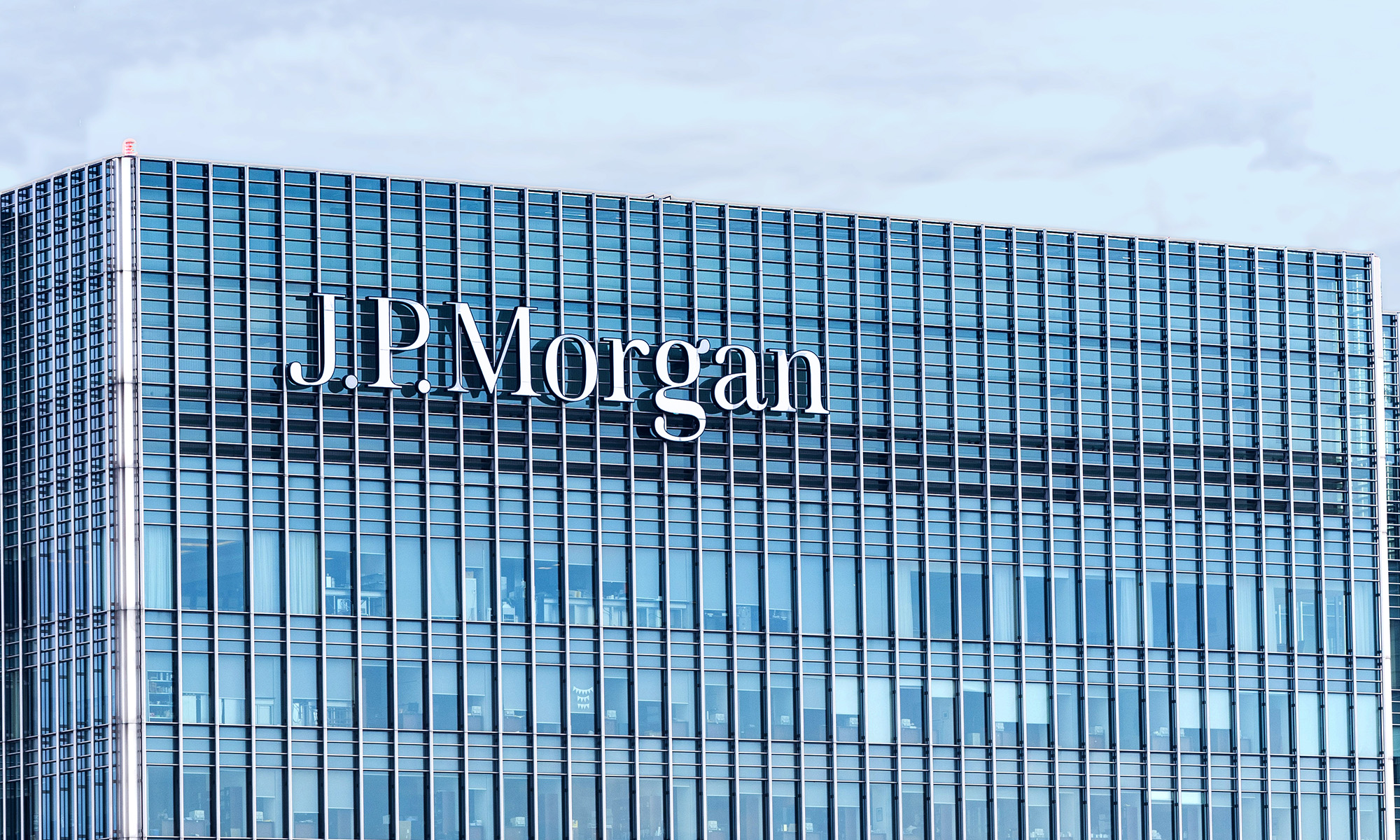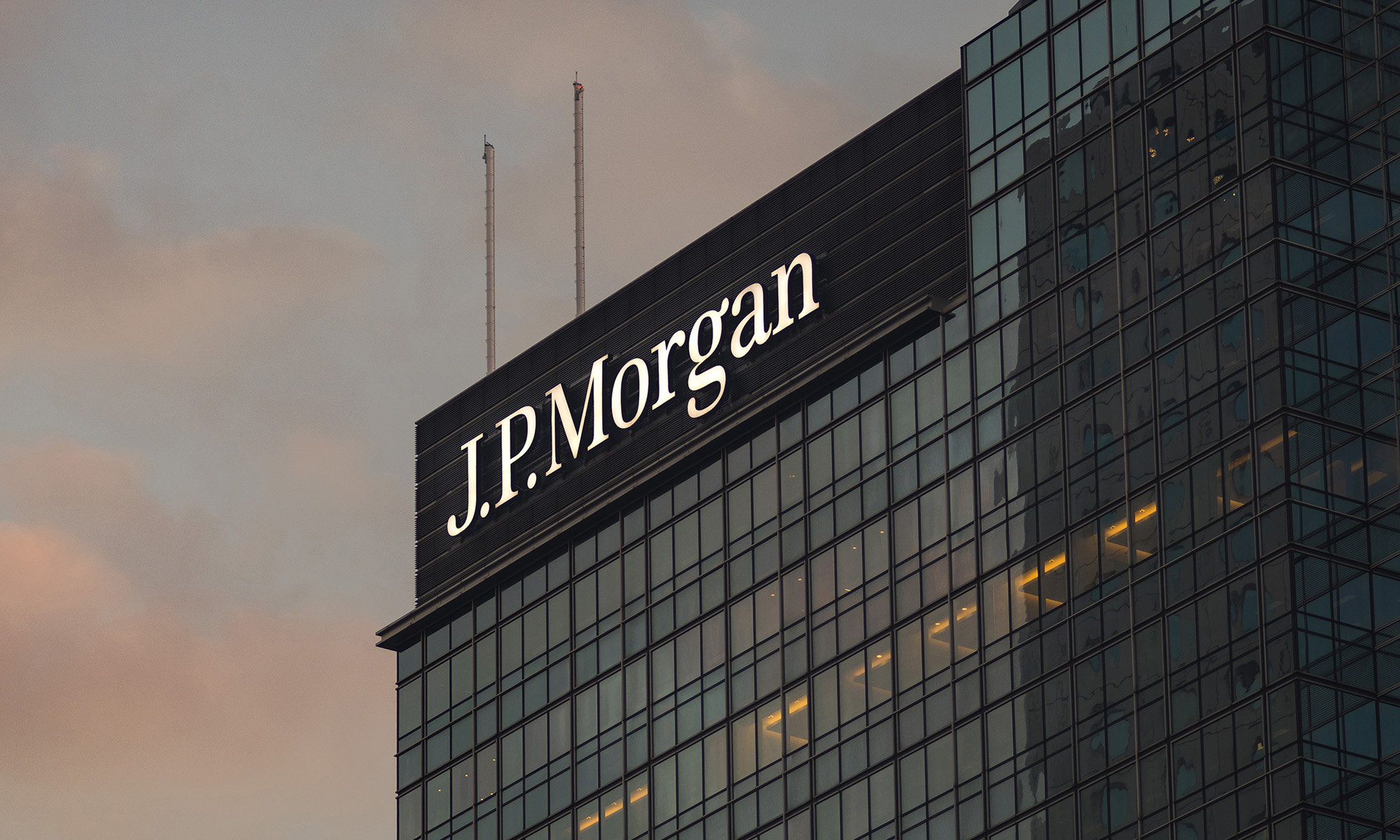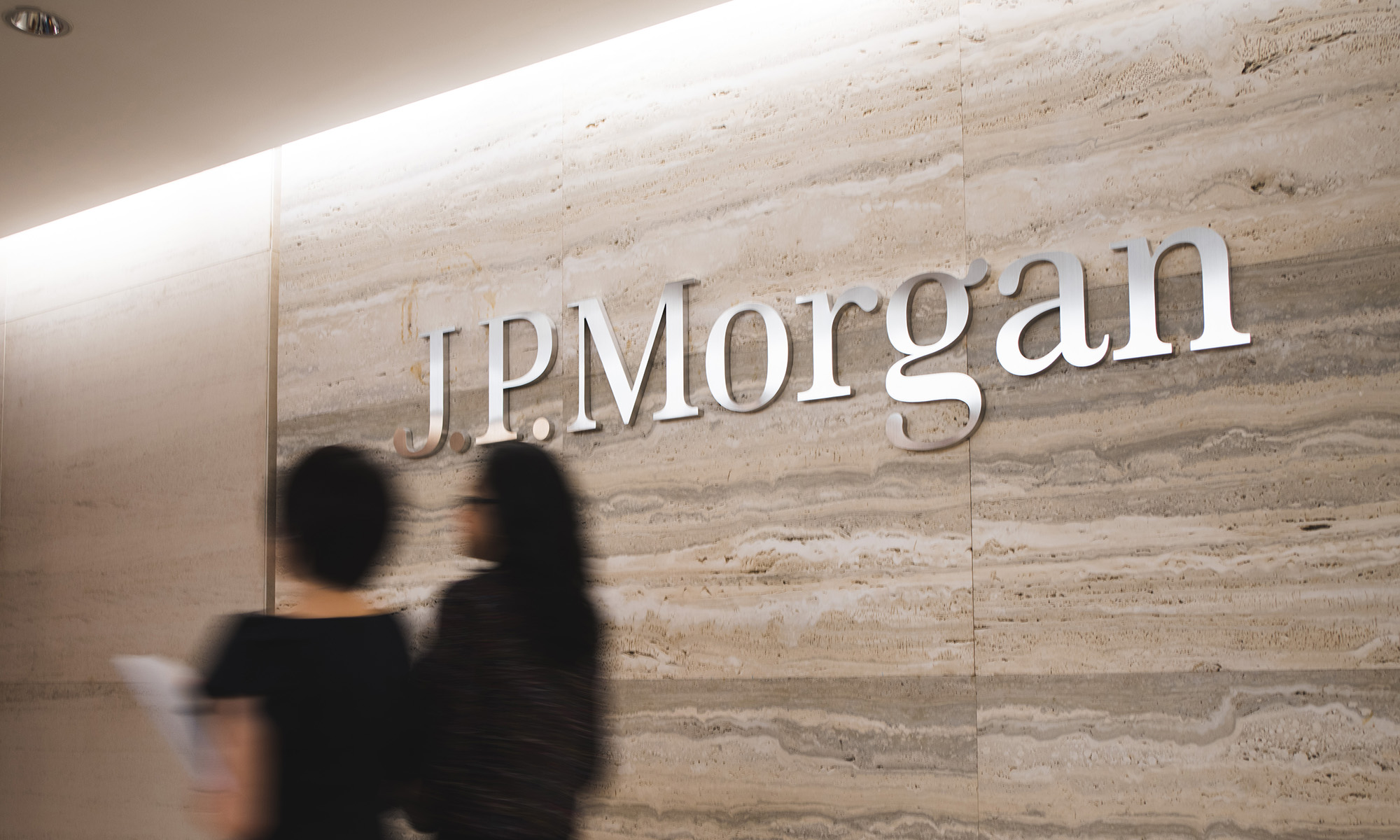JPMorgan Chase (JPM +1.04%) is probably the name on the lips of most investors right now after reports of one of the largest potential legal settlements in U.S. corporate history.
JPMorgan was accused of selling crummy mortgage-backed securities worth $33 billion to Fannie Mae and Freddie Mac, between 2005 and 2007. The ill-fated securities (a good number were classified as ''subprime'' and ''Alt-A'') soured in 2007, after the housing bubble burst, and the two firms were left counting losses amounting to billions of dollars. Both Freddie Mac and Fannie Mae eventually had to be bailed out in 2008 using taxpayers' money.
But that's not all. The Justice Department is on JPMorgan's case, and the bank might have to part with another $9 billion, having already finalized the first $4 billion of a $13 billion fine.
Financial impropriety?
Subprime lending in the U.S. rose sharply between 2004-2006, probably indicating a generally unfavorable mortgage environment. JPMorgan was not the only culprit here.

JPMorgan is no stranger to alleged financial impropriety. The company recently agreed to settle $920 million on the London Whale debacle. But the good news now is that the bank's investors can breathe easy since the $13 billion settlement will finally end U.S. probes into the firm's mortgage-bond sales and free the company from some civil disputes with the U.S. government.
Quarterly loss
JPMorgan is no stranger to alleged financial impropriety. The company recently agreed to settle $920 million on the London Whale debacle. But the good news now is that the bank's investors can breathe easy since the $13 billion settlement will finally end U.S. probes into the firm's mortgage-bond sales and free the company from some civil disputes with the U.S. government.
JPMorgan's huge legal settlements have no doubt badly affected its bottom line. It recorded a $380 million loss in the third quarter, the first time it returned a loss since 2004 and the first loss under the watch of CEO Jamie Dimon. The loss came as a dramatic turnaround from its record $21.3 billion profit in 2012. Before the bad quarter, JPMorgan had a stellar run for the last five years following the financial crisis, during which it pulled in handsome profits and was even regarded as strong enough to rescue Bear Stearns and Washington Mutual during their crises.
But the firm is unlikely to book another loss based on its legal settlements going forward. JPMorgan has tapped about $8 billion of the $23 billion set aside for legal settlements since 2010. If you exclude the $7.2 billion after-tax legal tab, JPMorgan made a $1.42-per-share profit, still handily beating Wall Street estimates. Dimon went on to say that the legal tab would not affect in any way the bank's future ability to pay dividends or buy back stock.
The biggest risk to its investors right now is whether the costs of the scandals will taper off or continue to reverberate for years to come. Twice as many Wall Street analysts recommend to buy JPMorgan as not (26 out of 39). The enormous $13 billion settlement is hardly pocket change for even a behemoth like JPMorgan that earns approximately $10 billion in net interest income every quarter -- the figure works out to 61% of its 2012 net income -- but henceforth, it should be treated just like another rounding error on its balance sheet.
Low interest rate environment
The banking industry is facing difficult times, with new credit requirements, ultra-low interest rates that have cut interest rate spreads to the bone, and a generally sluggish economy recovering at an anemic pace.
Despite the low interest rate environment, JPMorgan has been doing very well, further underlining the strength and dominance of its business. The firm makes a good chunk of its money from trading, a game it has perfected.
The gargantuan bank is also the No. 1 U.S. credit Visa issuer, with $2.2 trillion in total client assets. These two business segments grew by double digits in the second quarter. JPMorgan has continued to chalk up more impressive revenue growth than its peers, despite its recent annus horribilis.






